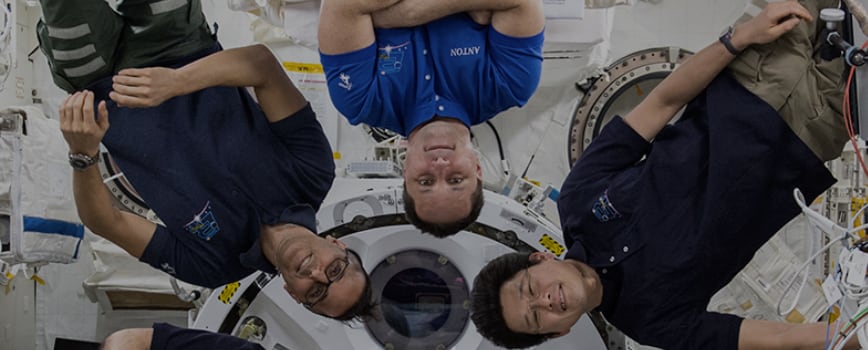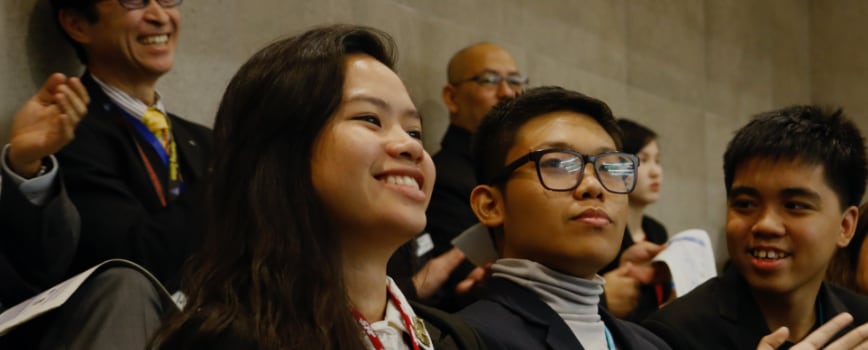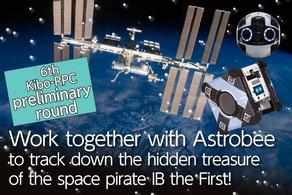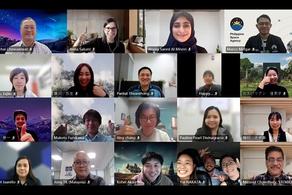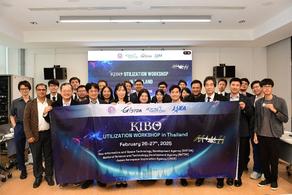- Announcements
Report of the Space Frontier Working Group (SFWG) at the 27th Asia-Pacific Regional Space Agency Meeting (APRSAF)
- Kibo Utilization Office for Asia (KUOA)
- Experiment at Kibo

Overview
Dates
Location
Number of participating institutions
Number of participants
The 27th Asia-Pacific Regional Space Agency Meeting (APRSAF-27) was held online from November 29 to December 3, 2021 due to the global outbreak of a new coronavirus. During the session, the Space Frontier Working Group (SFWG), which is one of the APRSAF's five subcommittees and is focused on space environment utilization and exploration, met on November 30 and December 1. The SFWG was co-chaired by Dr. Doan Minh Chung of the Institute of Space Technology, Vietnam Academy of Science and Technology (VAST-STI) and Ms. Shiho Ogawa, Director of JEM Utilization Center, JAXA, and was attended by 129 participants from 53 organizations from 20 countries and regions.

In the plenary session of APRSAF-27, Dr. Doan Minh Chung reported on the activities of SFWG, and explained that the Philippine Space Agency joined Kibo-ABC as a new member. He added that Kibo utilization is becoming more active in Asian countries. He also talked about Kibo utilization achievements and future utilization activities, including a protein crystal experiment in Thailand, a radiation measurement experiment in Malaysia, the 3rd Asian Seeds 2022-21 (AHiS) project as a life science experiment theme, a small satellite release as a Kibo utilization activity, and a multifaceted approach to space exploration as an international activity. Kibo's utilization achievements and future utilization activities were also mentioned.
Overview of SFWG

The SFWG encouraged many young researchers, engineers, and youth to participate in Kibo-ABC activities such as the Kibo Robot Programming Challenge (Kibo-RPC) and AHiS, which led to the development of human resources in the region. Recognizing the increase in the use of Kibo and the growing expectations for its use in these regions, we can expect to continue to contribute to the development of science and technology and the achievement of the SDGs through the use of Kibo by maximizing the attractiveness of the ISS for continuous human stays. We will also continue to exchange information on our efforts to make international space exploration a place for regional development.
Related Link
Unless specified otherwise, rights to all images belong to ©JAXA




